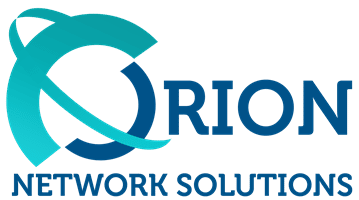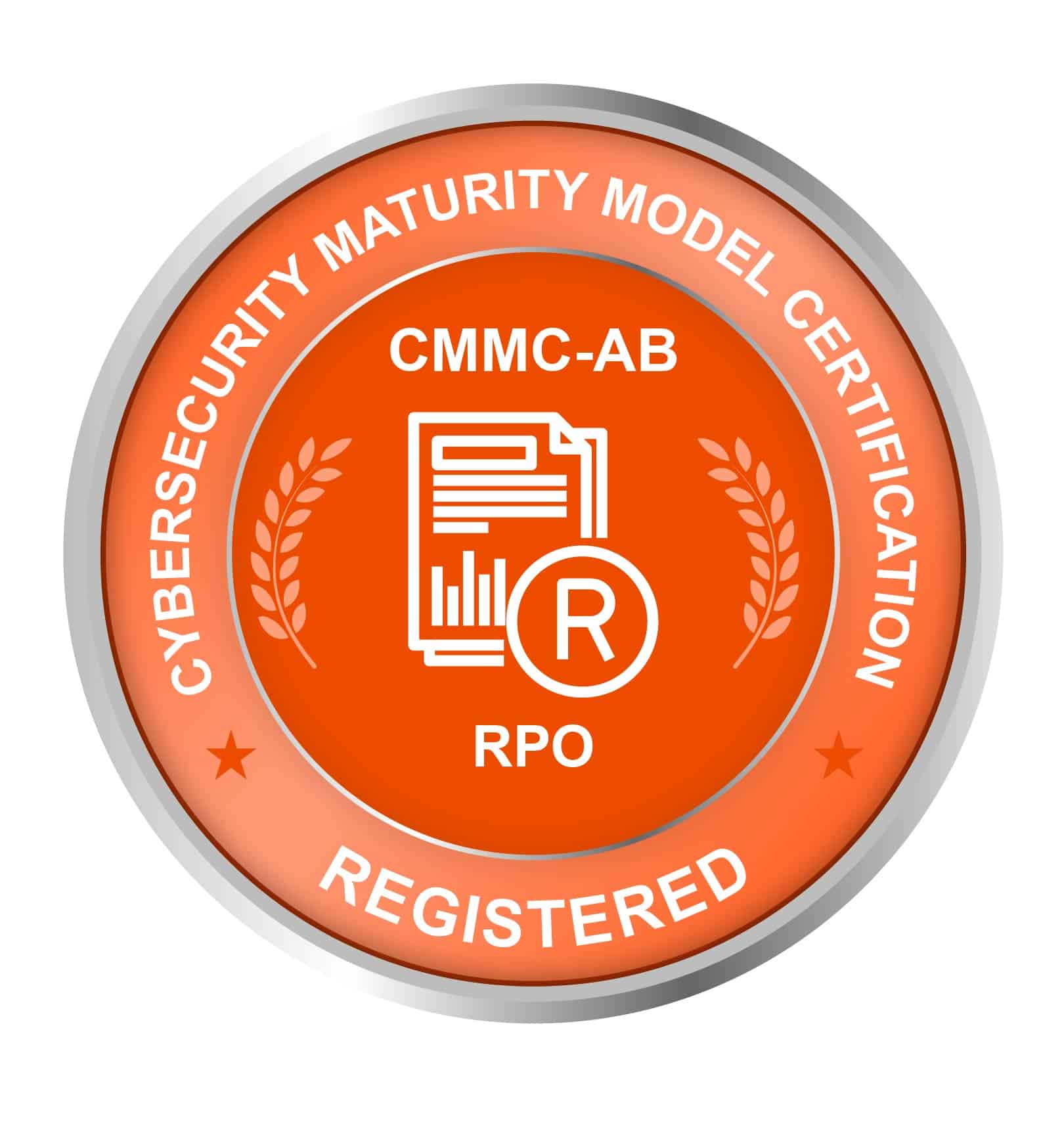Cybersecurity in Focus: An Interview With the Orion Networks CEO About How Firms can Fend Off CyberAttacks
Key Points:
- The landscape of cybersecurity has evolved into a more sophisticated global issue affecting businesses of all sizes and shapes.
- After hearing concerns from many businesses regarding cyber threats, MJ Wolfe invited Ashu Bhoot so that companies could hear directly from a cybersecurity professional.
- Ashu Bhoot is the co-founder and CEO of Orion Networks — a managed IT service provider serving Washington DC, Virginia, and Maryland.
- The Orion Networks CEO brings more than two decades of cybersecurity expertise to businesses across the United States.
Many American businesses are not appropriately protected against cyber threats. While the advancement in cloud technology and software as a service has enabled many small organizations to deliver sophisticated customer experiences, many aren’t protected enough.
As helpful as technology has been, it also has a dark side that leaves small and medium-sized businesses vulnerable to cybercrime. Such vulnerability risks the company’s data or its existence.
To help companies understand how to protect themselves against cyber attacks, the Wolfe Den Show invited Orion Networks co-founder and CEO — Ashu Bhoot to explain some protective measures.
Ashu Bhoot has helped many small and medium-sized businesses to set up the necessary infrastructure, train employees, and adopt measures to protect against cyberattacks.
What Can An Average Business Do to Protect Against Cyber Threats?
According to Ashu, there isn’t anything like 100% safety regarding cyber threats. All a business can do is take measures that reduce the probability of getting attacked.
Businesses can implement several measures that include:
1. Keeping Up With Software and Security Updates
The Orion CEO says that software vendors spend a lot of time and resources to bring updates, and it’s for a reason. He states that the updates include security patches that seal loopholes that hackers could otherwise leverage to infiltrate your system.
Your organization’s first line of defense is keeping up with software and security update. Businesses should update all of their software to patch any existing vulnerabilities.
Ashu insists that you don’t need to spend a lot to keep up with the updates. If you’re a Windows or Mac user, you set automatic updates to install patches whenever available. Alternatively, you can set up a rigorous program to keep updated.
While it’s tempting to ignore updates because the installation takes time, you shouldn’t neglect updates because it leaves room for attack.
2. Deploying A Great Antivirus
In cybersecurity, a business needs to constantly anticipate attackers’ next move and take projection to the next level. There are so many new threats; if your business wants to protect itself, you can’t be reactive.
Businesses can benefit from antiviruses that not only protect against malware but also protect against a whole group of behaviors.
Ashu says that small and mid-sized businesses can spend a little to get a great antivirus. Spending a few hundred dollars on antivirus is one of your organization’s best costs.
3. Have a Cybersecurity Insurance
While businesses should prepare for the evolving cybersecurity threat and adopt security protocols that are safe enough, no company can be 100%prepared. Your business needs to prepare for potential attacks that can impair operations.
You need cyber security insurance. Cyber liability insurance reduces the financial risks that come with doing business online. In case of a successful attack, businesses suffer heavy losses such as revenue loss, reputation damage, and customer loss.
Insurance cover will give you a place to start in case everything goes wrong. Insurance will protect your business assets, cover your customers, and reduce your liability towards your customers if hackers infiltrate your system.
Does the Cloud Improve Data Safety?
When asked if moving to the cloud makes company data safer, the Orion Networks CEO said that data safety depends on many factors. Moving to the cloud might create concerns about:
- Data protection
- Security threats
- Potential data loss
With cloud-based security, your business can safeguard your data. Since your data isn’t physically at the office, hackers or employees with bad intentions cannot take it.
However, the above security perspective doesn’t apply to all businesses. Some organizations, like those in the healthcare, health, and financial industries, will find it safe to keep data on their on-premise servers. The companies must comply with regulations related to the storage and sharing of data.
Whether the cloud improves data security depends on your industry and company preference.
Cloud vs. On-Premise Network: Which One is Easy to Attack
The ease of penetration of a network depends on many factors, whether on the cloud or on-premise. The physical servers have some advantages because there are no risks of transferring data over the internet. Company data will remain on your network.
Security options are also customizable on-premise. You can control who has physical access to the server, install your preferred firewall system, and deploy customizable security options. The sense of control gives many businesses peace of mind.
Cloud security, on the other hand, varies depending on the service provider. Since data security depends on a third-party, businesses mostly prefer two providers:
- Microsoft Azure
- AWS cloud
The two have many strategies and ways to improve organizational data security.
The Shift to Remote Work Increased Cyber Threats
After the pandemic, many businesses shift to hybrid and remote work. The shift has opened opportunities for hackers.
Ashu says that the shift had one of Orion Networks ‘ clients face a ransomware attack. After executing a forensic analysis, the attack pointed its root to one of the laptops that an employee had taken home and connected to a public WiFi.
Orion Solution thwarted the attack before spreading to the company’s application. Such attacks have spiked since people started working remotely.
However, businesses can deploy security measures to protect remote and hybrid work environments.
Orion Networks Can Help Your Business Protect Against Cyberattacks
Orion Networks provides a full technology spectrum of services. We offer cyber solutions for companies that do not have a full-fledged technology department. We can help you deploy the right security infrastructure, patch security vulnerabilities, and help you improve your security posture. Contact us today to secure your business infrastructure.










